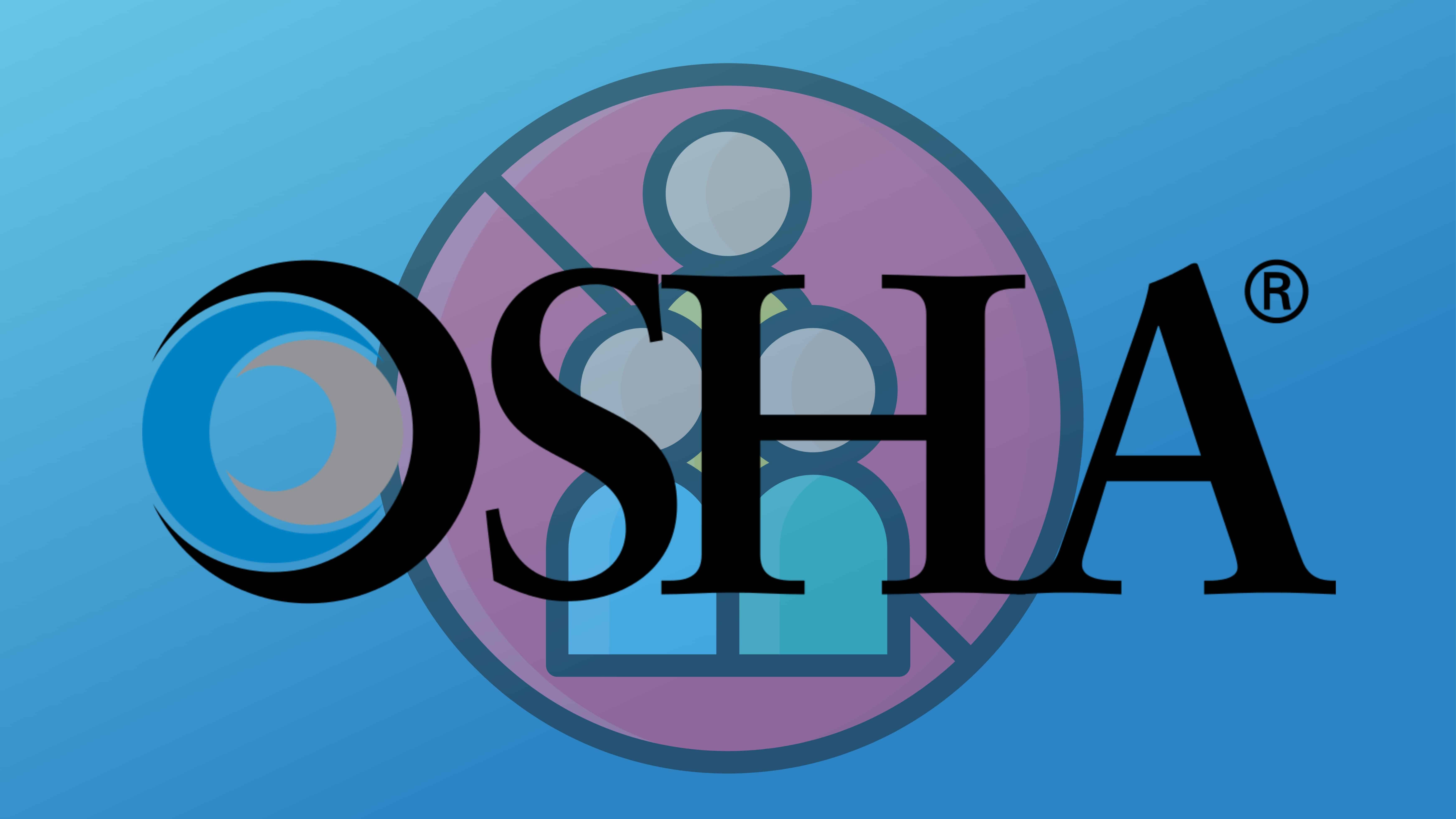Who is Not Covered by OSHA?

OSHA has standards that cover the federal Occupational Safety and Health Act (OSHA), which was established to safeguard employees’ rights in safe and healthy work environments. Rather than questioning who OSHA applies to, it is important to understand that OSHA coverage primarily focuses on regulating employers. These regulations, known as standards, are specific guidelines related to various aspects of safety.
For instance, one such standard pertains to bloodborne pathogens. This standard mandates employers to implement measures that minimize employee exposure to blood and other potentially infectious materials. It is applicable to any employer whose operations involve such exposure. Although most private sector employers and employees are regulated by OSHA, there are exceptions that will be further explored regarding those not covered by OSHA.
Who is Not Covered by OSHA: Certain Employers
Under the OSH Act, an employer is anyone who is engaged in business affecting interstate commerce (commerce between two or more states) and who has employees. Most employers are engaged in business affecting interstate commerce. “Business affecting interstate commerce” can be as simple as an employer in one state ordering supplies from another state, or simply discussing business with a company in another state.
Employers and businesses that are not covered by OSHA include family farms, and industries that are regulated by a federal agency other than the Occupational Safety and Health Administration.
Family-owned farms that employ only immediate family members are not covered under the OSH Act. Family-owned farms are specifically exempted from coverage, even though they typically engage in business affecting interstate commerce and have employees.
Many federally regulated industries are not covered by the OSH Act. This is because another agency is responsible for regulating that industry. For example, the mining industry, regulated by the Mine Safety and Health Administration (MSHA), and airports, regulated by the Federal Aviation Administration, are not regulated by OSHA.
Who is Not Covered by OSHA: Certain Workers
Self-employed workers, independent contractors, volunteers, and interns all fall under the category of who is not regulated by OSHA coverage.
Self-employed workers – Individuals who are the sole proprietor and employee of their company – are neither regulated by the OSHA Act, nor covered by its worker protections. A business must have at least two employees (one of which can be the employer) to be covered under OSHA.
Independent contractors are not covered by OSHA. Independent contractors perform work for a company, under an agreement setting forth the scope of that work, without actually being employed by the company. To qualify as an independent contractor (as opposed to an employee), someone must generally be able to set their own hours, and determine how the work is to be performed.
Interns are not covered by OSHA, provided the intern is not serving as a replacement for employees, is not paid, and is closely supervised. In addition, the internship program must offer training similar to that provided by a vocational school. The internship must be for the intern’s benefit; if an employer is obtaining monetary benefit from the internship, the intern and the employer may potentially be subject to OSHA.
Volunteers are not covered by OSHA. Volunteers are those individuals who work for charitable, humanitarian, and religious organizations. Volunteers perform their work duties without any promise, expectation, or payment of compensation.







